Disclaimer: This blog post contains affiliate links. If you make a purchase through these links, I may earn a small commission at no additional cost to you. Learn More. Thank you for supporting our garden community.
Herb Garden Planter: A Beginner’s Guide to Growing Fresh Herbs
Are you interested in growing your own fresh herbs but limited on garden space? Look no further than a herb garden planter! In this beginner’s guide, we will explore what a herb garden planter is, why it is useful in the garden, and the benefits of using one. We will also provide tips on where to buy a quality herb garden planter, as well as how to effectively plant and use it. Let’s get started!
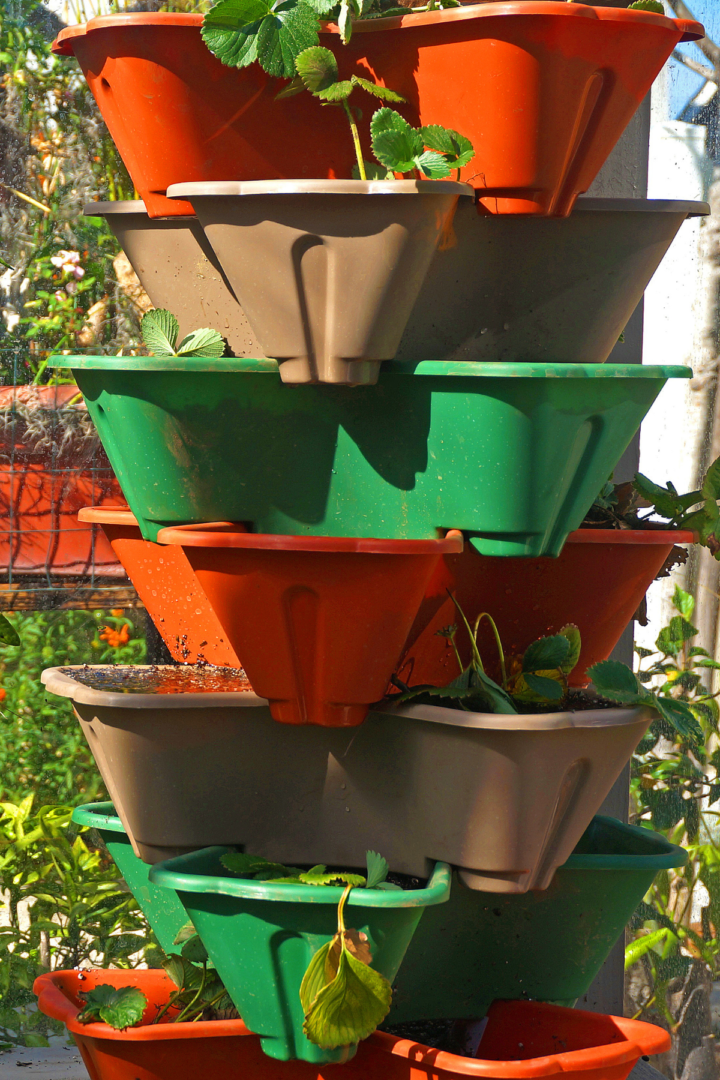
Herbs are some of the best plants to grow in vertical planters, simply because they take up little space and will grow even with poor soil.
Herb Garden Planter
In this post, you will learn the benefits of using a herb garden planter, particularly in small spaces. You will understand how herb garden planters optimize space, enhance convenience, and aid in pest control, making growing fresh herbs a breeze.
You will also gain insights into the easy maintenance and customization of herb garden planters. Additionally, we will discover practical tips on where to buy a herb garden planter, how to effectively plant and use it, and ways to maximize your herb garden planter for culinary and medicinal uses.
What is a Herb Garden Planter?
A herb garden planter is a vertical set of containers specifically designed to grow herbs. It typically consists of a durable container or box, with multiple compartments or sections for planting various herb varieties. Herb garden planters are available in different sizes, materials, colours, and styles.
Why is a Herb Garden Planter Useful in the Garden?
- Space Optimization: Herb garden planters are perfect for small spaces, such as balconies, patios, or even windowsills. They allow you to grow herbs vertically, making the most of limited space.
- Convenience: Having all of your herbs in a planter box near your kitchen is convenient and saves you time while preparing and cooking food. You can easily access the herbs you need for your culinary creations.
- Pest Control: Elevated herb garden planters are less prone to common garden pests and diseases, such as aphids and powdery mildew, keeping your herbs healthier and safer.
- Aesthetics: Herb garden planters can add a touch of greenery and beauty to any garden or outdoor space.
Benefits of Using a Herb Garden Planter:
- Easy Maintenance: Herb garden planters require less maintenance compared to traditional garden beds. They are easier to water, weed, and care for, making it perfect for beginner or busy gardeners.
- Year-Round Cultivation: With a herb garden planter, you can extend the growing season of your herbs, allowing for year-round cultivation in suitable climates or indoor settings.
- Customization: You have full control over soil quality, moisture levels, sunlight exposure, and plant varieties, allowing you to tailor the growing conditions to the specific needs of each herb.
Where to Buy a Herb Garden Planter:
- Local Garden Centers and Nurseries: Visit your nearest garden center or nursery to explore various options and get expert advice on choosing the right herb garden planter for your needs.
- Online Retailers: Many online retailers offer a wide range of herb garden planters, providing convenience and a larger variety to choose from.
How to Plant and Use a Herb Garden Planter Effectively:
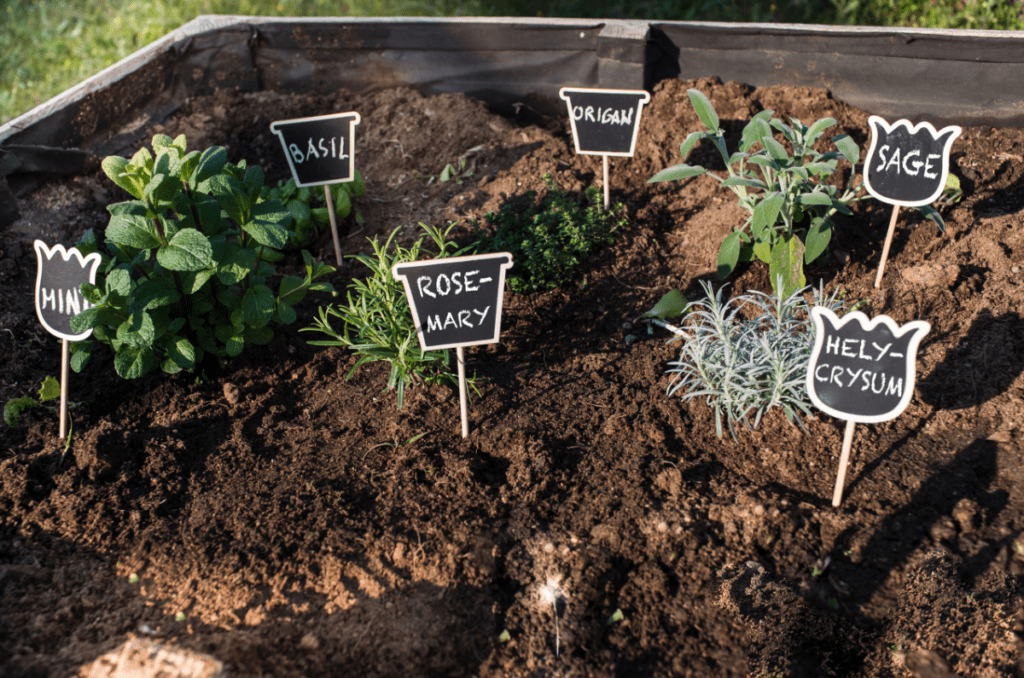
Choosing the Right Spot: Select a location that receives adequate sunlight for herbs to thrive. Most herbs require at least 6 hours of direct sunlight each day.
Selecting Herbs: Consider the herbs you use most frequently in your cooking or those with specific health benefits. Popular choices include basil, rosemary, thyme, cilantro, and parsley.
Preparing the Planter: Ensure proper drainage by using a light potting soil mix to prevent waterlogging. Use a well-draining potting mix enriched with organic matter, such as compost.
Planting the Herbs: Follow the recommended spacing for each herb and gently transplant them into their designated sections. Water the herbs thoroughly after planting.
Maintaining the Herb Garden Planter: Water the herbs regularly, allowing the soil to dry slightly between watering. Fertilize periodically with a balanced organic fertilizer, following the package instructions. Check out The Andersons Home and Garden to purchase a high-quality organic garden fertilizer.
Prune your herbs as needed to promote healthy growth and harvest them regularly for fresh culinary use.
Maximizing Your Herb Garden Planter:
Create a Herb Garden Journal: Keep track of planting dates, growth progress, and any observations to learn and improve your gardening skills over time. Even herbs, which are seemingly easy to grow, can be the source of issues in the garden.
Culinary and Medicinal Uses: Experiment with different herbs in your cooking to enhance flavors and explore their potential healing properties. Research homemade remedies and infusions using your freshly harvested herbs.
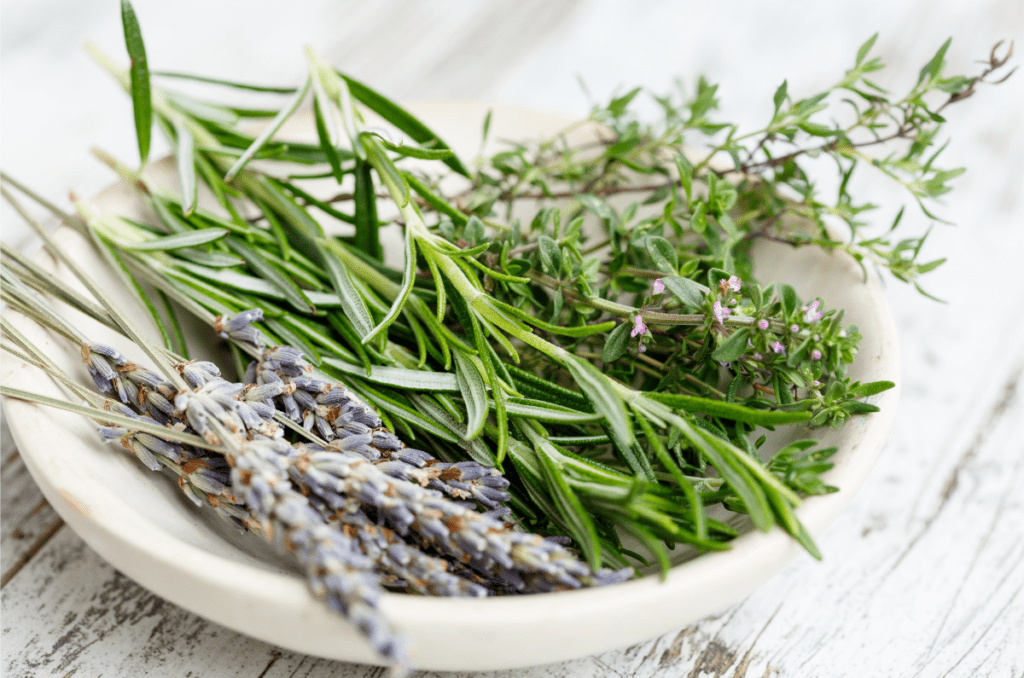
Frequently Asked Questions
Any planter that is sturdy, well-draining, and stacked vertically is ideal for growing herbs. This will help you save space and grow amazing herbs for your kitchen.
Most herbs do not need a deep planter, they will do just fine a 6 inch deep container that has good drainage. Any of the popular herbs (basil, thyme, parsley, etc.) will produce well in these conditions.
Yes, most herbs need full sun. Mediterranean herbs, such as rosemary and oregano, will even benefit from 10 or 12+ hours of sunlight every day. However, exceptions, such as parsley and cilantro, can also benefit from more shade.
You can definitely grow herbs in raised beds, or wherever else you want for that matter, but it is optimal, for both the plants and yourself, to grow herbs in their own containers, namely a vertical herb garden planter.
Use a well-draining potting mix for your herb planter. You can find herb-specific potting mixes at most gardening stores.
The frequency of watering will depend on the size of your planter, the type of herbs you’re growing, and the climate you live in. Generally, herb plants need to be watered when the top inch of soil feels dry to the touch. Be sure to avoid overwatering, which can damage the roots.
Products:
If you want to purchase seeds for your herb garden planter, check out the following link:
Conclusion
A herb garden planter is a fantastic solution for anyone who wants to enjoy fresh herbs even with limited garden space. By following the steps outlined in this beginner’s guide, you can successfully plant and use a herb garden planter to grow an array of delicious and aromatic herbs.
Once again, if you would like to purchase a herb garden planter for yourself, check out this planter. And if you want to purchase herb seeds to fill out that planter, check out SeedsNow.
Embrace the benefits of having your own herb garden and elevate your culinary creations to new heights. Start your herb garden journey now and embark on a flavorful adventure!
If you want to learn more about gardening, foraging, nature, and sustainability, check out The Real Gardener on Instagram, YouTube, and Pinterest.
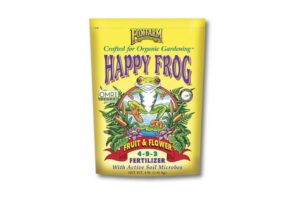
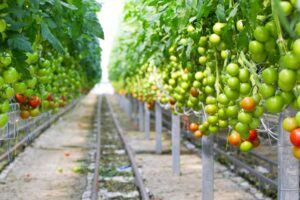
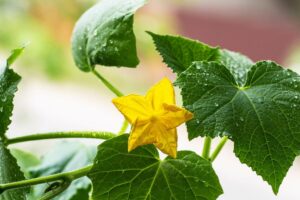
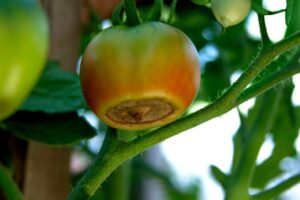
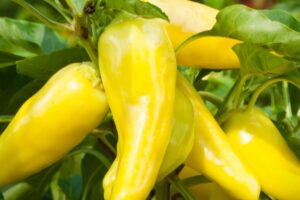
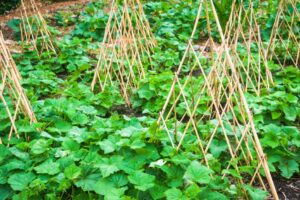
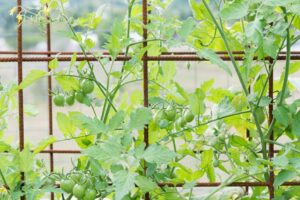
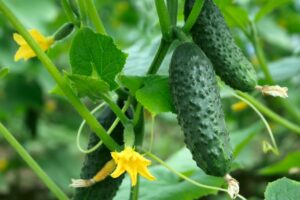
Leave a Reply